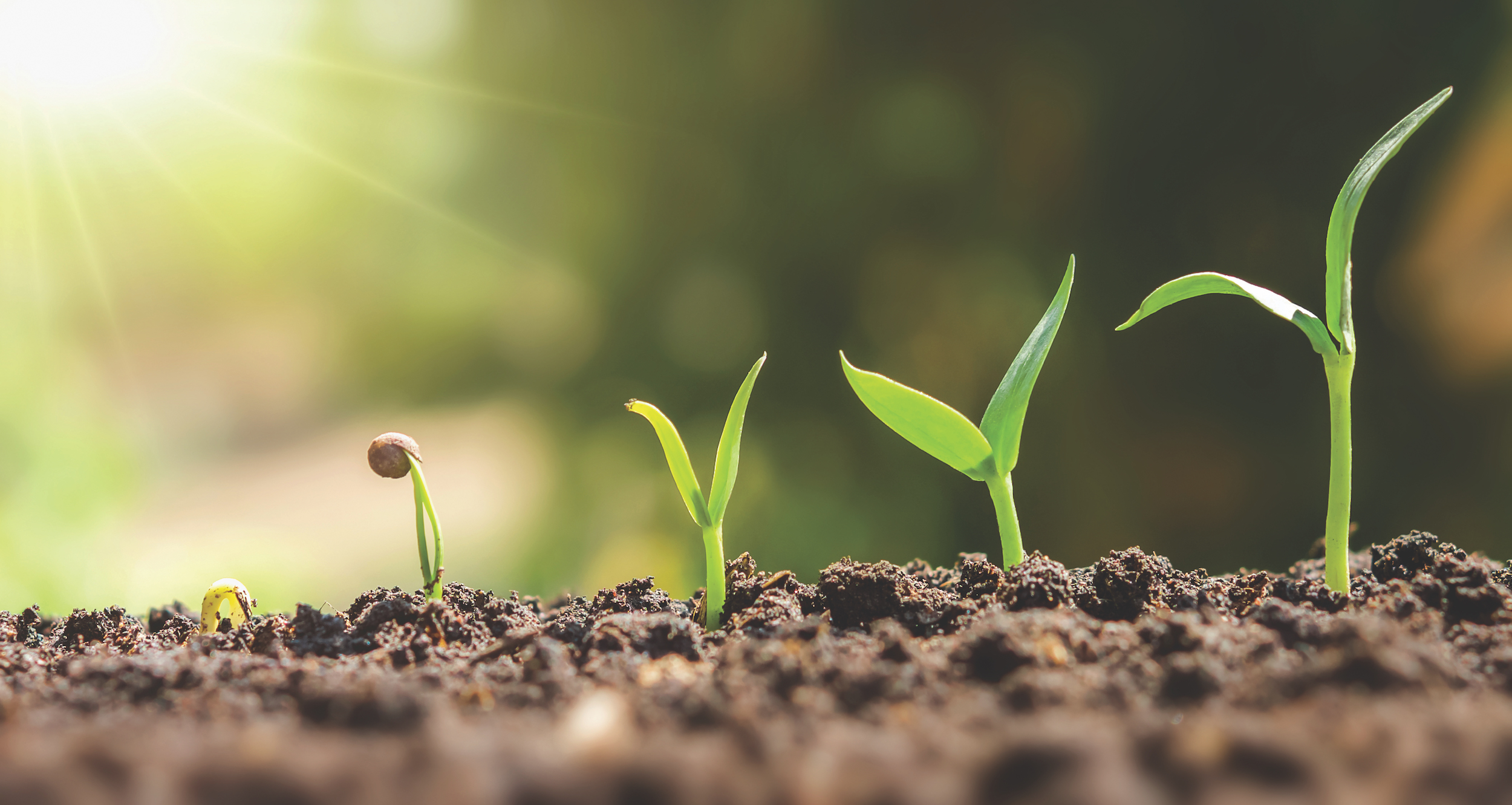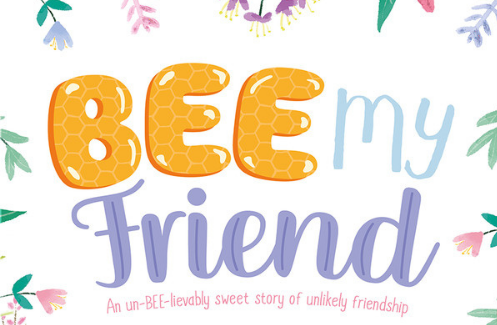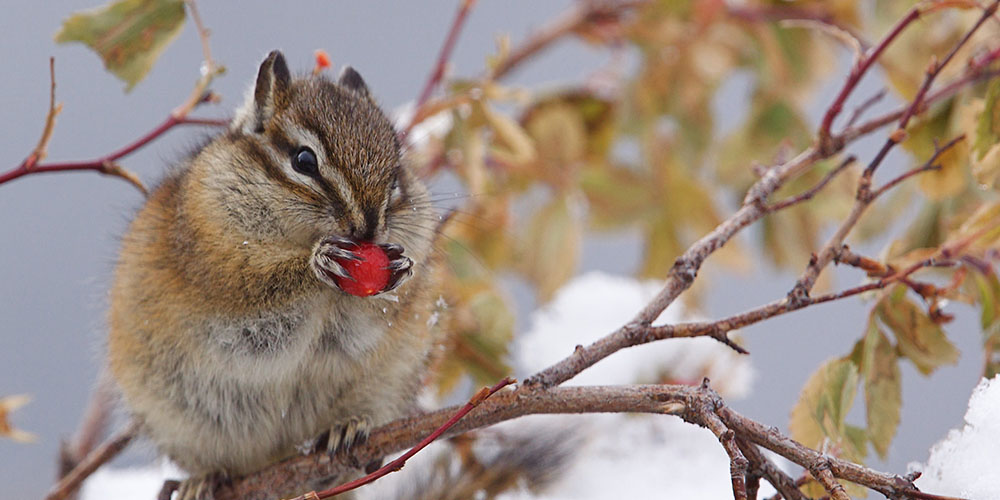Here We Grow Again
A plant is a biological system that needs sunlight, water, air, nutrients, and space in order to survive and thrive. Students conduct inquiry-based experiments to explore these essential plant requirements.
Objectives
Students will
- Set up an experiment to determine what plants need to grow.
- Measure and compare plant growth under different environmental conditions.
For the complete activity and more like this, purchase the Explore Your Environment: K-8 Activity Guide at Shop.PLT.org and/or attend a professional development training in your state.
Explore Your Environment: K-8 Activity Guide is a supplementary curriculum that is multi-disciplinary, with an emphasis on science, reading, writing, mathematics, and social studies.
Each activity displays explicit connections to practices and concepts expected by the following national academic standards so teachers can easily see where the materials will fit into their lesson plans:
- Next Generation Science Standards (NGSS)
- Common Core Toolkit, includes
- English Language Arts (CCSS.ELA)
- Mathematics (CCSS.MATH)
- College, Career, and Civic Life Framework for Social Studies (C3)
Our professional development further demonstrates these connections, as well as to state and local standards, contact your state coordinator.
Bee My Friend
Poppy is afraid of bees until she begins to learn about all the essential ecosystem services that pollinators—and bees, in particular—provide.
EE Resources
Seeds Are Smart
The Jeffers Foundation, whose mission is to foster environmental stewardship through education, has created several instructional videos for children-at-home on various environmental topics. For example, in Seeds are Smart, children look at different types and shapes of seeds, learn where seeds come from and how to identify them, how seeds are an important part of... Read more »
Ag Across America
Ag Across America is an online geography game for grades 3-5. With this game, students will learn more about how farms provide our food, fiber, and energy. The game guides students through a series of video and trivia questions about farms across the U.S. When you answer correctly, players collect items to have on their own... Read more »
Into the Outdoors: The Importance of Plants and Pollinators
Did you know that 1/3 of the food you eat from the United States depends on pollinators? Pollinators, such as bees, play a vital role in how plants develop fruit and spread their seeds. Into the Outdoors explains this role in a 5-minute video called Plants and Pollinators. The video also explains how other organisms,... Read more »
Science of Seasons
Check out the Science of Seasons page from the Forest Service Northern Research Station. This extensive resource includes podcasts, research stories, and publications related to the impacts winter has on forest ecosystems. Learn why you should resist the temptation to call winter the “dormant season.” From the soil to hydrology to wildlife, there is much... Read more »
Pee Wee Meets the Pollinators
This illustrated children’s story takes students on an adventure to a rooftop garden to learn about the amazing work of pollinators. Witness the birth of a monarch butterfly, follow a bee, and meet a chorus of crickets. The book also contains poems, songs as well as additional notes to benefit teachers, parents, and children. To... Read more »
Ask a Biologist
Digitally bring a professional into your classroom with Arizona State University’s Ask a Biologist. Students can use the Ask a Biologist’s web resources to learn about and research many different environmental issues. Multiple activities, stories, images, and links are also available for educators to use and build lessons around.
FoodSpan: Teaching the Food System from Farm to Fork
Resources from The Johns Hopkins Center for a Livable Future introduces students to food-system topics and issues. Explore questions such as: What are the strengths and weaknesses of local food systems? How is our food supply dependent on ecosystems? Find slides, handouts, and other supplemental materials on their FoodSpan: Teaching the Food System from Farm... Read more »
Earth from Space
This Smithsonian Institution website provides students (and teachers!) access to views of conditions and events on earth that are nearly impossible to document from the Earth’s surface. The site proves interactive; explaining how satellite imagery is gathered and used to better understand the world around us.
Think Garden Video Series
This Think Garden video collection was produced by Kentucky Educational Television for elementary students as a teaching tool about growing food and all elements around food gardening. Consider using it to support PLT GreenWorks! or GreenSchools projects as we enter the growing season.
The Secret Life of Trees
This animated presentation for students in grades 3-5 explains in detail how an acorn becomes a tree. The audio is available in English and Spanish.
Digital Game: The Ruby Realm
The Ruby Realm is a multi-level adventure game about photosynthesis. Players must navigate a cavern in search of missing friends. Luckily, Biobot Bob– a robot powered by artificial photosynthesis– is there to help payers fend off evil enemies. Players must find light sources where Bob can generate the glucose he needs for power. Using Bob’s... Read more »
Epic! For Educators
Are you looking for new literature connections to support your favorite PLT lessons? This growing Epic! online library offers thousands of picture books, chapter books, early readers, and even nonfiction books (think Common Core Connections!) that elementary teachers can access free of cost. Registered users receive unlimited access to books and customized recommendations for readers’... Read more »
Login to download supporting materials such as appendices and teaching tips.
Login
 Get this Guide
Get this Guide
 Find Training
Find Training


